Possessive pronouns
As their names imply, both possessive pronouns and possessive adjectives show ownership.
Possessive pronouns are sometimes called independent possessive pronouns or absolute possessive pronouns. They show possession of a noun by replacing it. They look like this:
mine
yours
ours
his
hers
theirs
its
When you use an independent possessive pronoun, you drop the noun that the pronoun is expressing a relationship to. Here are a couple of examples:
She had forgotten her jacket, so I gave her mine.
I had no idea whose bid had won the auction, but then my cousins told me that theirs had.
Possessive adjectives also clarify who or what owns something. Unlike possessive pronouns—which replace nouns—possessive adjectives go before nouns to modify them. They include the following:
my
your
our
his
her
their
its
Take a look at these examples of possessive adjectives in action:
I crashed my bike into a telephone pole.
Your house is always decorated so nicely.
Each possessive pronoun also has a form called the independent possessive. They look like this:
mine
yours
ours
his
hers
theirs
its
When you use an independent possessive pronoun, you drop the noun that the pronoun is expressing a relationship to. Here are a couple of examples:
She had forgotten her jacket, so I gave her mine.
I had no idea whose bid had won the auction, but then my cousins told me that theirs had.
Interrogative pronouns
Interrogative pronouns are used in questions. These are the interrogative pronouns:
who
whose
whom
what
which
Here are a few examples of interrogative pronouns at play:
Who wants a bag of jelly beans?
What is your name?
Which movie do you want to watch?
Whose jacket is this?
Forms of verb
V1 V2 V3
Finish Finished Finished
Fix Fixed Fixed
wear wore worn
lend lent lent
tell told told
win won won
sleep slept slept
drive drove driven
spend spent spent
upset upset upset
borrow borrowed borrowed
DAILY USE SENTENCES
I apologize
I can’t wait
I don’t have time
I hate you!
I knew it.
I am busy.
I don’t agree.
You are wasting my time.
Can I help you?
How was your weekend?
vocabulary words
Engross/indulge/engage involve
imitate to copy the some other person
confront face
persistence continuing to do something
bosom best




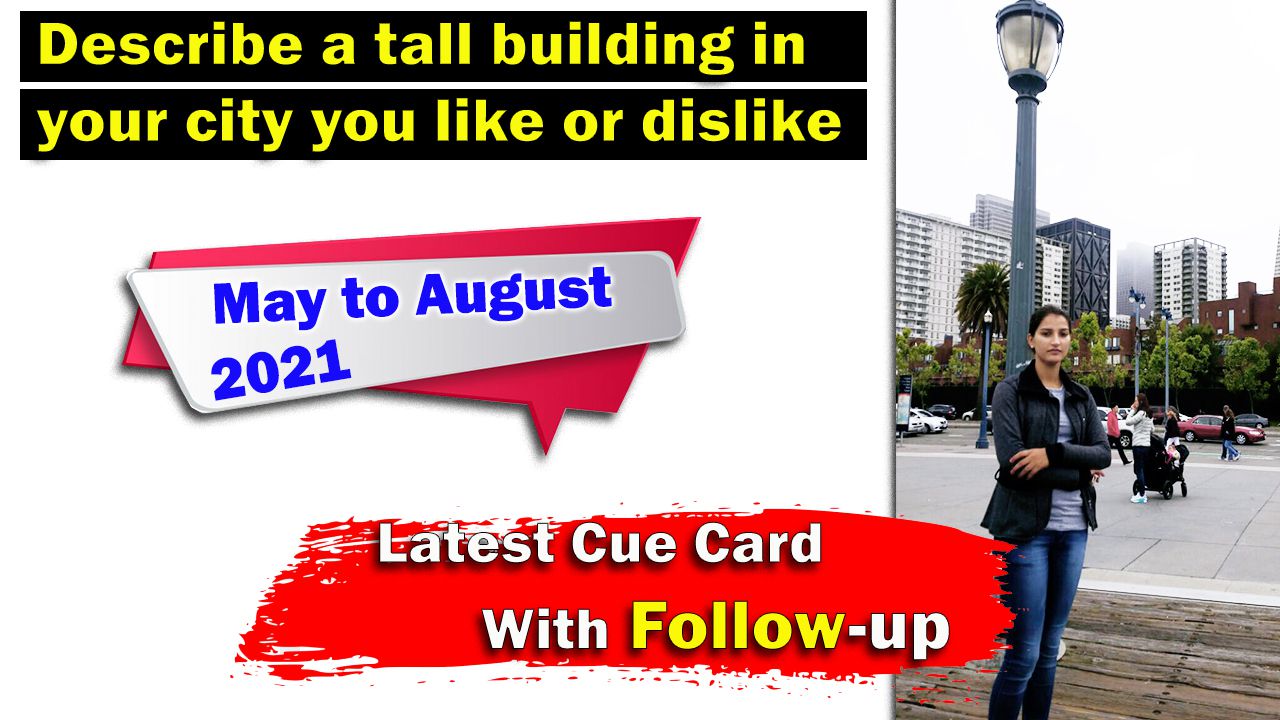
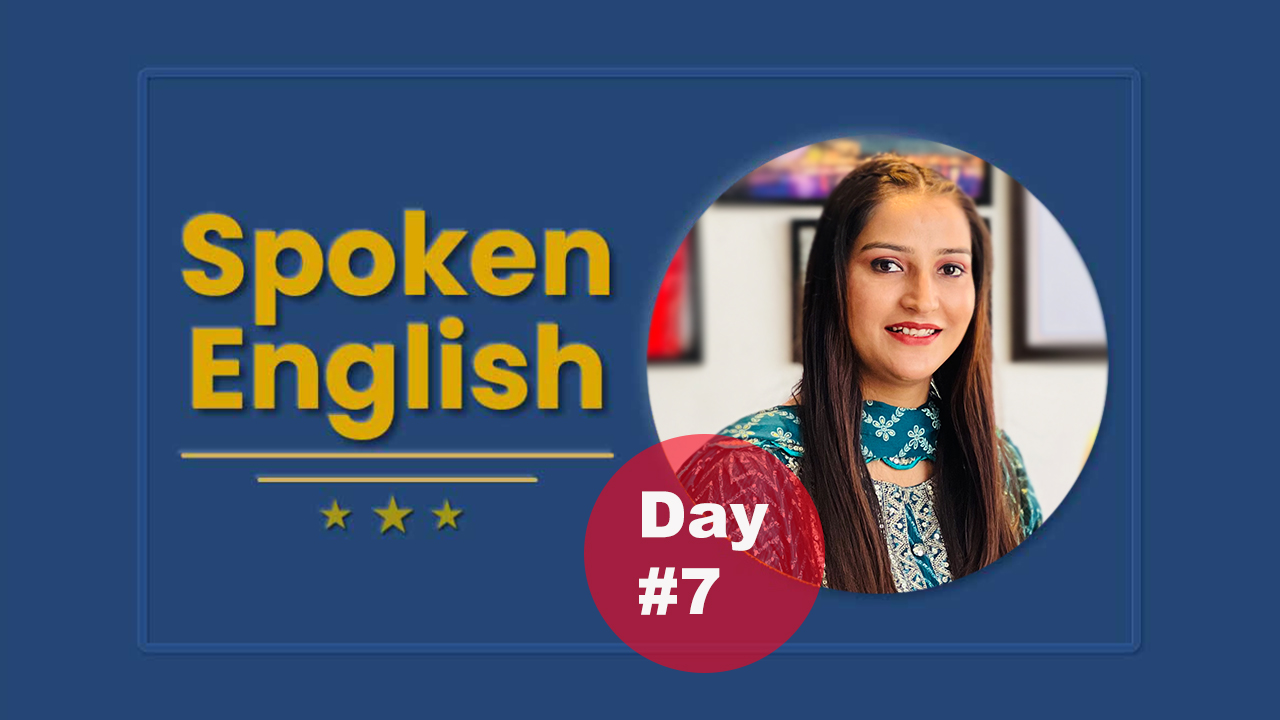
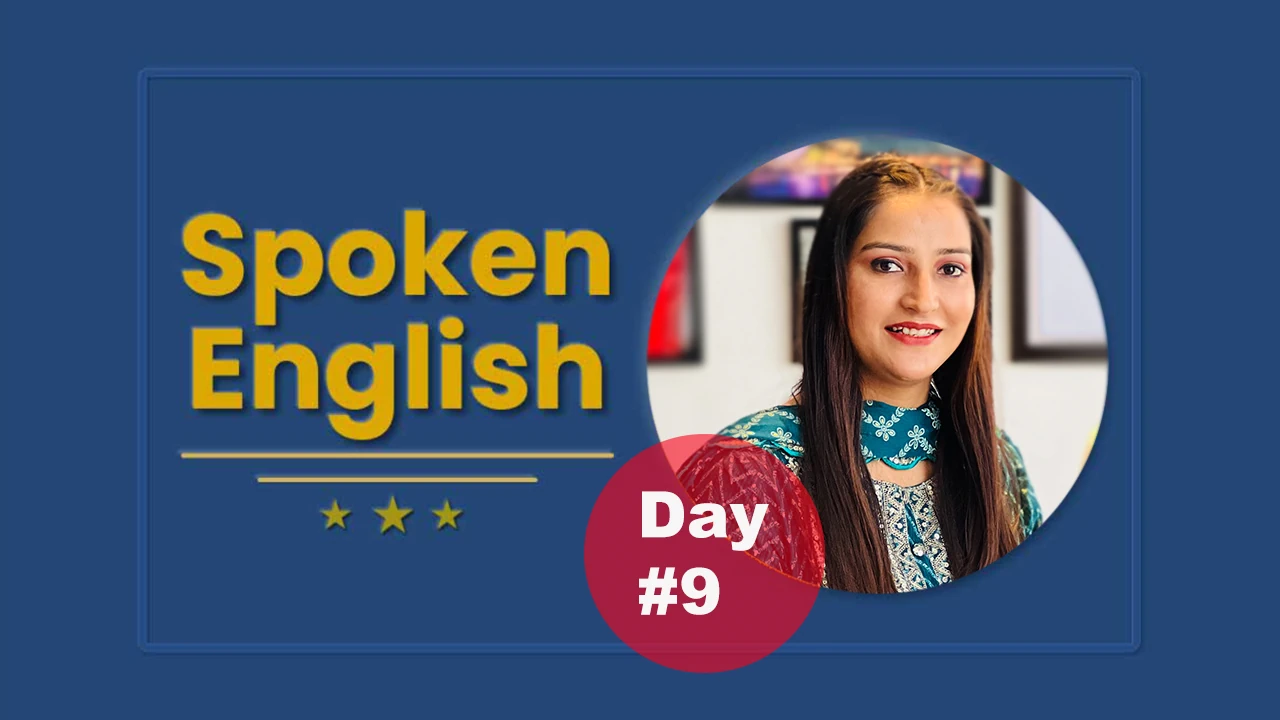


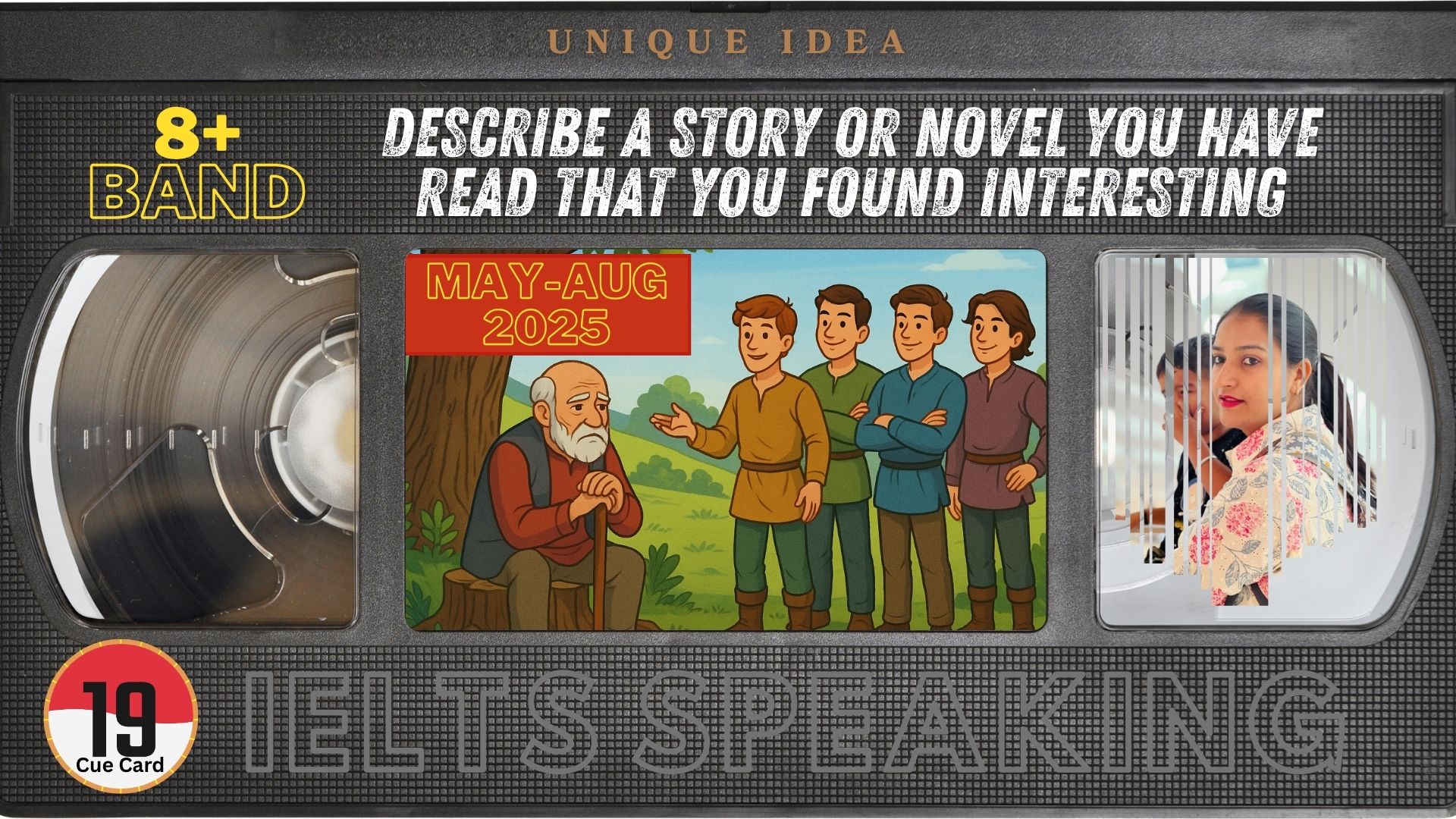


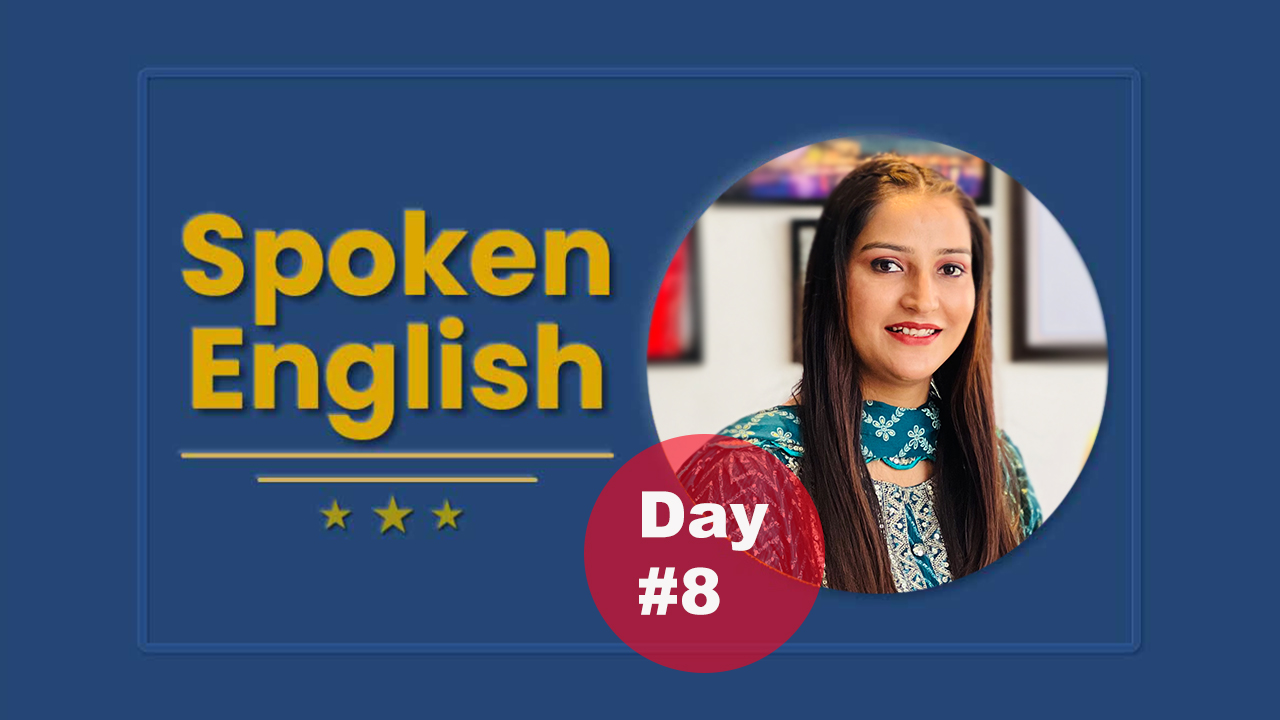
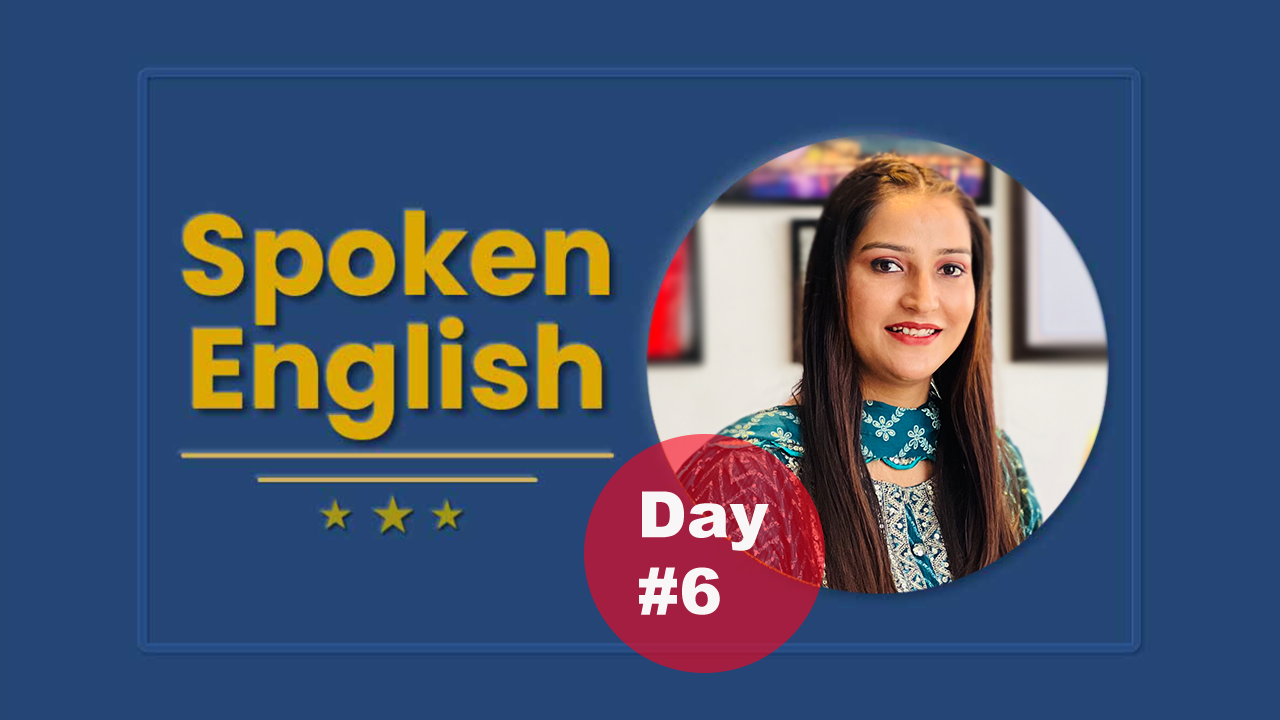
Got a Questions?
Find us on Socials or Contact us and we’ll get back to you as soon as possible.